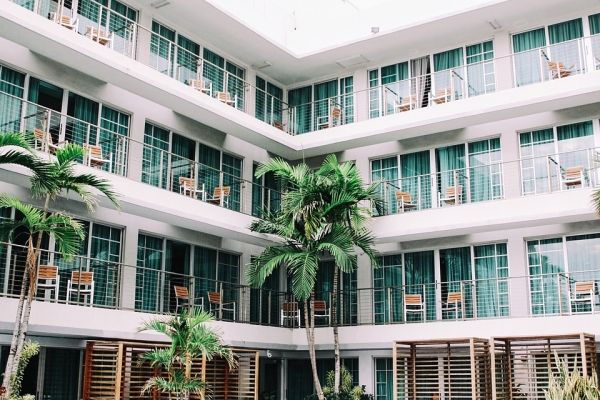A new research study published today, investigating how service robots in hotels could help redefine leadership and boost the hospitality industry, has taken on new significance in the light of the seismic impact of the Covid-19 outbreak on tourism and business travel.
Lead author Dr Tracy Xu, Lecturer in Hospitality at The University of Surrey’s world-renowned School of Hospitality and Tourism Management, has had her paper published in the International Journal of Contemporary Hospitality Management. The research behind the paper involved speaking to 19 hotel HR experts to identify the key trends and major challenges that will emerge in the next ten years and how leaders should deal with the challenges brought about by service robot technologies.
Results showed that while service robots are anticipated to increase efficiency and productivity of hotel activities, they may also pose challenges such as high costs, skill deficits and significant changes to the organizational structure and culture of hotels. Therefore, the anticipated applications and integration of robotic technology will require leaders of the future to carefully consider the balance between the roles of service robots and human employees in the guest experience and to nurture a work environment that embraces open-mindedness and change.
The project finished in March 2020 just as COVID-19 broke out and as the virus rendered non-essential travel impossible, most hotels around the globe are feeling a catastrophic economic impact. There is now even more interest in developing innovative ways of deploying service robots across all economic sectors to limit human interaction. Considering the current pandemic, many industries are having to reinvent processes and systems to cope with a new isolated way of life. Robotic interaction in hotels could facilitate more socially distanced models of operation to enable a safer and faster reopening and recovery of some hotels.
Read more at University of Surrey
Photo Credit: Free-Photos via Pixabay


